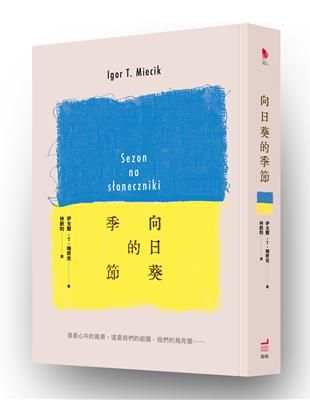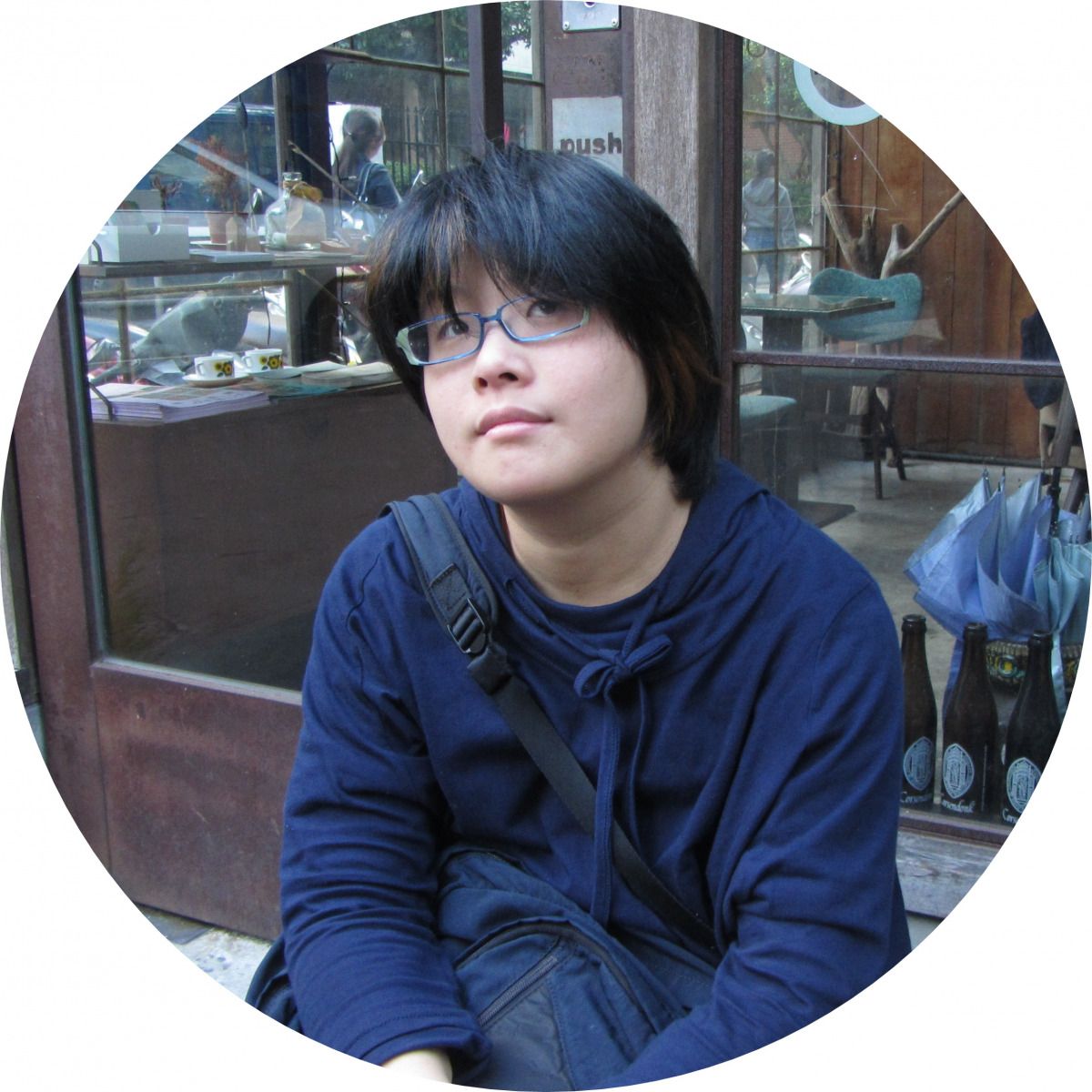A recording for my mother" The mother of the refugee shelter, the Polish translator Lin Weiyun reads "The Season of Sunflowers"
In the spring of 2022, a Ukrainian beauty artist with two daughters was killed by gunfire while riding a bicycle home. A photo of bright red nails in the ashes has touched hearts all over the world. Welcome to follow the recited and read texts of the OB topic "A Recording of Mothers" to learn about different images of mothers in the world.
Nine p.m
At 20 Transport Street, people go to bed early because each night is heavier.
The whole house smelled of quartz at night. It was the smell of a UV germicidal lamp hung on the wall and turned on for 30 minutes every night.
Most of the women were unable to leave the shelter all day because the children were not sick. One infects the other, the second infects the third, the fourth, the fifth. When the first recovered, the last was infected. It's a brigade relay of infectious diseases, an endless cycle.
So far, germicidal UV lamps don't seem to be working, as the kids are still coughing and hoarse, just like before. But the germicidal lamps have only been hanging for two days, and they have to be given a chance.
Before going to bed, I had to line up to shower and use the three-person toilet. Write text messages to family members from your mobile phone. Put down blankets and separate beds. This is the last personal space people have in this world. One meter wide and two meters long.
Not sleeping well. If people don't sleep, they will walk around like a walking dead all day. But it's also not good to sleep because of nightmares. It seems to be dreaming of hometown, but hometown is not what the dreamer wants to see. Katya dreamed that she couldn't get up from the huge delivery chair. Christina dreamed that the mines were full of corpses, buried under lime and linoleum. Victoria said she was so tired she couldn't dream of anything. But the other women didn't believe it. For when Nastia was asleep and no sobbing could be heard over the blanket, Victoria would cry out in her sleep, "Stop! Stop! Stop!" The women in the next bed would wake her up, That way she won't suffer in her dreams and wake the other children.
After all, you have to get up tomorrow. Have to get up, even if there is nowhere to go.
─ ─ Section from Igor. Igor T. Miecik, "Sunflower Season", translated by Lin Weiyun

➤The reason why Lin Weiyun chose this text...
I chose this passage from the Polish reportage writer Igor. Igor T. Miecik's Season of the Sunflowers (Acropolis, 2017). In the chapter "A Room Without Sunshine", he describes the lives of women and children in a refugee shelter in Kramatorsk. When Openbook asked me to select a passage to "read aloud for my mother," I immediately thought of this passage.
Even in a refugee camp, in a place where there is no home, no past, and no future, mothers still have to take care of sick children, give them milk and warm them. This is the greatness of maternal love, and in it we also see how cruel the war is. Because of the war, the mother's daily routine of taking care of her children has become difficult and distorted because of this abnormal situation.
In addition, to friends who are concerned about the Ukrainian-Russian war, Kramatorsk may sound a little familiar. In early April, an airstrike on the train station there killed many people fleeing with their children, including children, as a result of the missile attack.
We may slowly forget these things. The war has been going on for two months, and we have our own problems to face, and we will slowly forget the pain of people far away. But let's not forget so quickly, let's remember these things a little longer.

Lin Weiyun
Born in 1982, from Taipei. Over the years, he has devoted himself to promoting Polish literature in the Chinese-speaking world. In 2013, he was awarded the Polish Cultural Merit Medal by the Polish Ministry of Culture. He is the first Taiwanese to receive this honor. Author of "My Mom's Parasite", "Myself and Not My Room", etc., and translated "Crocodile Street", "Nursing Home Under the Hourglass", "Poems for Me: Selected Poems by Szymborska 1957–2012" ", "Black Song", "Dancing Bear", picture book "Play Together", "Lost Soul" and other works.
Like my work? Don't forget to support and clap, let me know that you are with me on the road of creation. Keep this enthusiasm together!

- Author
- More